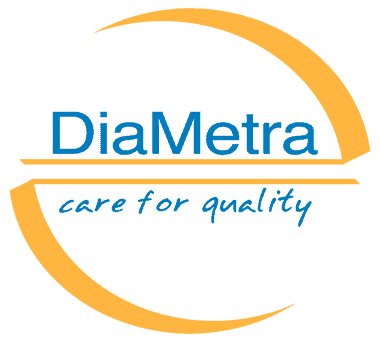Key Features and Values
– Same sample type can be used across all assays to simplify inclusion into routine serology work-up
– Ready to use reagents reduces hands-on time for assay preparation
– Long shelf life cost-effective solution by reducing wastage due to expired kits
– Suitable for inclusion on automated plate systems simplifies scale-up of test volume
– Supported by a complete panel of assays for supporting treatment monitoring of several forms of cancer
Product Description
CEA ELISA kit is a direct solid phase enzyme immunoassay for the quantitative determination of Carcinoembryonic Antigen (CEA) in human serum or plasma. CEA ELISA kit is intended for laboratory use only.
Scientific Description
Publications
1. Gold P, Freedman SO, J Exp Med , 121, 439(1965)
2. Zamcheck N, Adv Intern Med, 19, 413 (1974)
3. Rayncao G, Chu TM, JAMA, 220, 381 (1972)
4. Wild D, The Immunoassay Handbook., Stockton Press (1994) p444
5. Sorokin JJ, et al JAMA 228:49-53 (1974)
6. Mackay AM, et al Br. Med. Jr. 4:382-385 (1974)
7. Sikorska H, et al Cancer Detection Prev 12:321-355 (1988)
8. Minton JP, et al Cancer 42:1422-27 (1978)
9. Staab HJ, et al Am. J.Surgery 136:322-327 (1978)
10. Thomas P, et al Biochem Biophys Acta 1032:177-189 (1990)
11. Yamashita K, et al Cancer Research 47:3451-3459 (1987)
12. Hammerstrom S, et al Cancer Research 49:4852-58 (1989)
13. Ann.Inter.Med.1981;94:407-409

